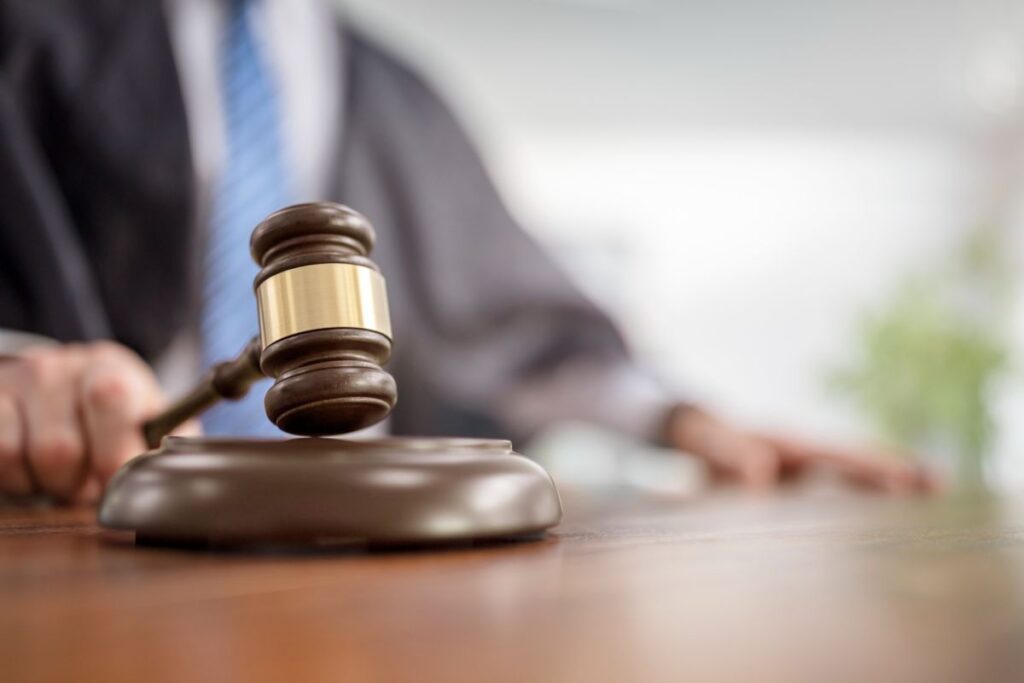All occupations and professionals that require some license or certification through the state of Texas are subject to licensing board rules and laws that govern them. Any violations of those rules or laws can lead to investigations and disciplinary action against your license by the relevant licensing board or agency. Contested disciplinary cases often go to hearings before administrative law judges at the State Office of Administrative Hearings (SOAH). The procedures for issuing a final decision in your case following an administrative hearing vary according to the rules that govern your profession.
Consult an experienced Texas licensing board defense attorney to understand the procedures and available legal options following an administrative hearing in your disciplinary case. If you are facing a disciplinary complaint, contacting an attorney from the outset of the proceedings is wise. Throughout your disciplinary case, we can explain your rights and work to protect your license.
The Role of the Administrative Law Judge
Your case becomes contested when you cannot agree with your licensing board about allegations that you have violated a rule or law that governs your profession. In most cases, your licensing agency will transfer your case to SOAH for a hearing before an impartial administrative law judge (ALJ). The attorney representing your state licensing board will present evidence to prove that you violated a law or rule governing your profession. You then can present evidence showing that you did not violate a law or rule governing your profession. In some cases, you may admit to a rule or violation, but you and the licensing board cannot agree on the appropriate sanction.
After hearing evidence from both sides, you can conclude that the ALJ would issue a decision in your case. However, in most cases, the ALJ is not responsible for deciding the outcome of your case. Instead, the ALJ issues a Proposal for Decision (PFD) to your licensing board for review.
Proposals for Decision
PFDs contain the ALJ’s findings of fact and conclusions of law in your case. ALJs typically issue PFDs within 60 days of your hearing, although that timeframe may be shorter or longer, depending on your situation.
The ALJ issues the PFD to both parties and the original licensing agency, pursuant to 1 Tex. Admin. Code § 155.507. If either party disagrees with any aspect of the PFD, they generally can submit exceptions to the ALJ and licensing agency within 15 days, except where a statute provides otherwise. The other party can reply to any exceptions filed within 15 days of filing. The ALJ has the right to extend or change these deadlines for good cause shown or by the parties’ agreement.
After the parties have submitted all exceptions and replies, the ALJ will consider whether to recommend any amendments to its PFD. The ALJ will then notify the licensing agency and both parties if they recommend any changes to the PFD based on the exceptions or replies.
After the PFD: Licensing Board Decisions
In most cases, the original licensing board must review the ALJ’s PFD and ultimately determine whether to accept, modify, reject, or remand the PFD to the ALJ for further findings. However, the ability of the ALJ to modify or reject the PFD is not unlimited.
For example, the ALJ’s findings of fact and conclusions of law are presumptively binding on the licensing agency. As a result, if the agency wishes to disregard any of the ALJ’s findings or conclusions, they must state in writing their reasons for doing so. Nonetheless, the agency is held to a different standard of review for sanctions recommended by the ALJ in that the agency can impose a sanction not recommended by the ALJ without giving any additional reasoning.
Ultimately, the governing board of the licensing agency must take some action to approve the PFD, find a violation, and issue a sanction to the license holder. Alternatively, the board may find no violation and dismiss the case according to the findings in a PFD. Typically, the board considers PFDs at its next regularly scheduled meeting, so it may be some time before you receive a final decision from a board after an ALJ hearing.
Some licensing boards handle PFDs slightly differently or have specific statutes that apply solely to their agency’s processing of PFDs and issuance of disciplinary decisions. For instance, the Texas Department of Licensing and Regulation (TDLR) has its own statutory process for issuing final decisions following an ALJ hearing. Under 16 Tex. Admin. Code § 60.308, the Commission of Licensing and Regulation at TDLR considers all PFDs at its meetings. Parties to the case may attend those meetings and make final arguments to the Commission about why it should or should not accept the PFD. Each party can also argue why a PFD should or shouldn’t be modified. The Commission then will issue a final order in which it either adopts, amends or rejects the ALJ’s PFD.
Click to contact our professional license defense lawyers today
Count on Bertolino LLP to Defend Your License Throughout Your Disciplinary Proceedings
Facing an investigation and potential disciplinary proceedings before your licensing board can be a difficult and stressful experience. An adverse ruling against you can threaten your ability to support yourself and continue working in your chosen field. As a result, you may need to take further action on appeal to challenge any adverse agency rulings. Contact an experienced Texas license defense lawyer today by calling the offices of Bertolino LLP at (512) 515-9518 or visiting us online.
Call or text (512) 476-5757 or complete a Case Evaluation form





